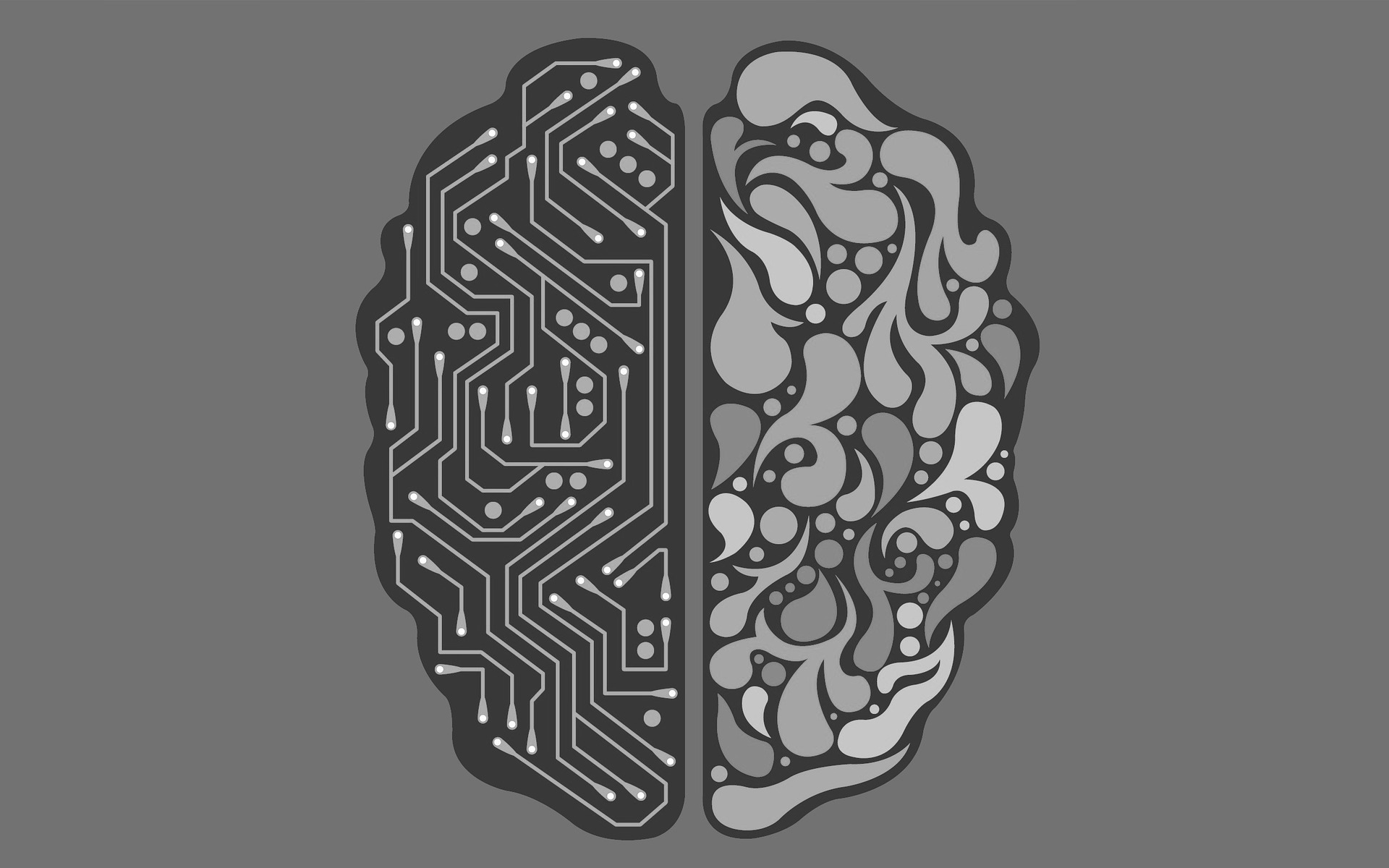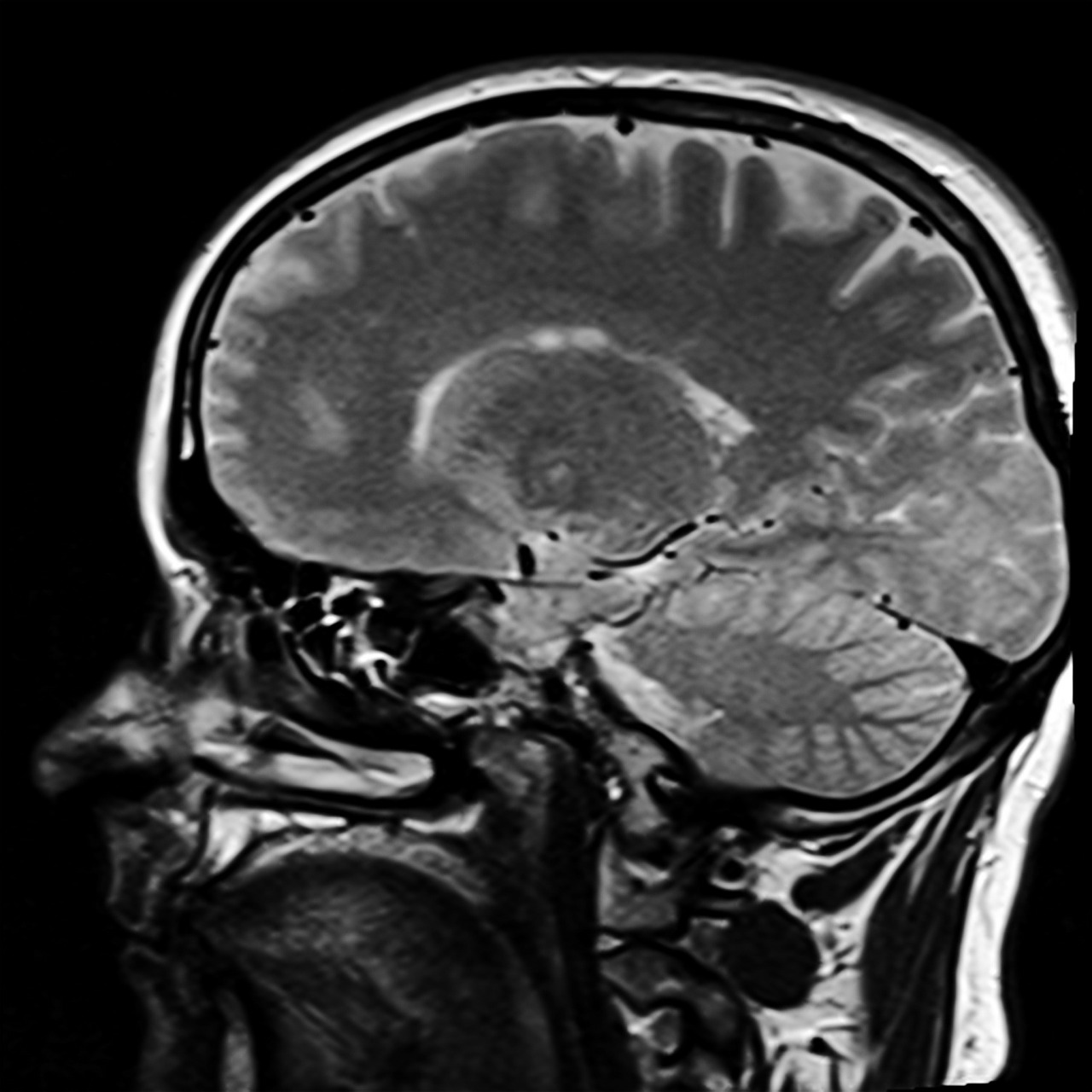-
Celine Dion: “The Power of Love” or the Power of Dopamine?

Celine Dion I’m not sure about you, but when I hear Celine Dion belting out the last chorus of “My Heart Will Go On”, I seem to disconnect from reality and become totally immersed in a wave of emotion (one might even say that it’s a wave strong enough to sink a cruise ship). Although…
-
The Neuroscience of Meditation

In 1992, the Dalai Lama invited an up-and-coming neuroscientist, Richie Davidson, out to Dharamsala, India to discuss the future of neuroscience research.
-
Outreach Event: Brain Booths!

Psychology in Action’s Outreach Initiative teamed up with Interaxon, an interdepartmental undergraduate neuroscience educational outreach group at UCLA, to participate in two events with the Los Angeles community. To learn about future Interaxon events, please visit their web calendar. On Saturday, October 19th, 2013, Psychology in Action and Interaxon members hosted a “Brain Booth” at STEAM Nation in Culver…
-
Multitasking Video Game Improves Cognition in 79-year-olds!
Today, Nature published evidence that training on a multitasking video game improved older adults’ cognitive ability beyond the scope of the game to untrained aspects of cognition. The article featured a four-year research led by Drs. Adam Gazzaley and Joaquin Anguera at UCSF. They utilised a relatively simple video game, NeuroRacer to train older adults on multitasking. NeuroRacer requires participants to drive a cartoon car, and to respond…
-
“Mental Notes: Music, Cognition, & the Brain” Symposium – May 23, 5pm
Mental Notes Flyer Psychology in Action is proud to announce the second annual Psychology Interdisciplinary Events symposium, Thursday, May 23rd, 2013, from 5 to 7pm in UCLA’s CNSI Auditorium. The discussion will focus on the intersection of music, psychology, and neuroscience. The event is completely FREE and open to the general public! We hope to see you there!…
-
Got Issues: Blame Your Grandma
The idea of the tabula rasa is all but forgotten. Advances in modern genetics have taught us that not only are we not a blank slate at birth, but we are not even simply the product of our genes. The environment interacts with our genes to shape our development, however, it is not only OUR…
-
Former Israeli Prime Minister’s Significant Brain Activity – How Do We Know?

Israeli scientists and UCLA’s Dr. Martin Monti recently found that former Prime Minister Ariel Sharon demonstrates significant brain activity. Seven years ago Sharon suffered two strokes. The second stroke caused him to lose most of his consciousness. Sharon is in a minimally conscious state, a little more aware than a coma or a persistent vegetative…


